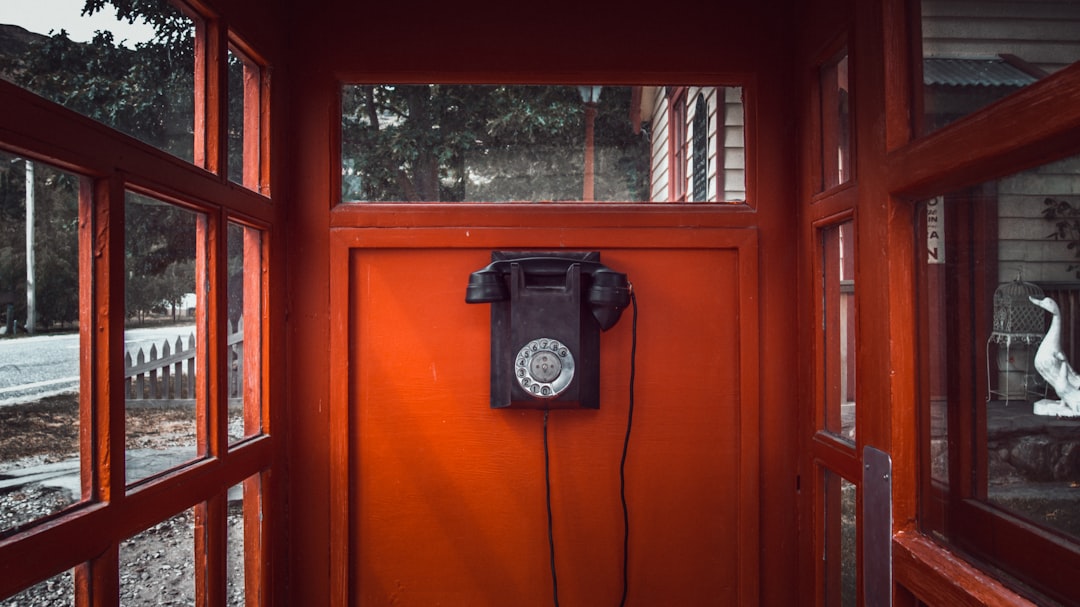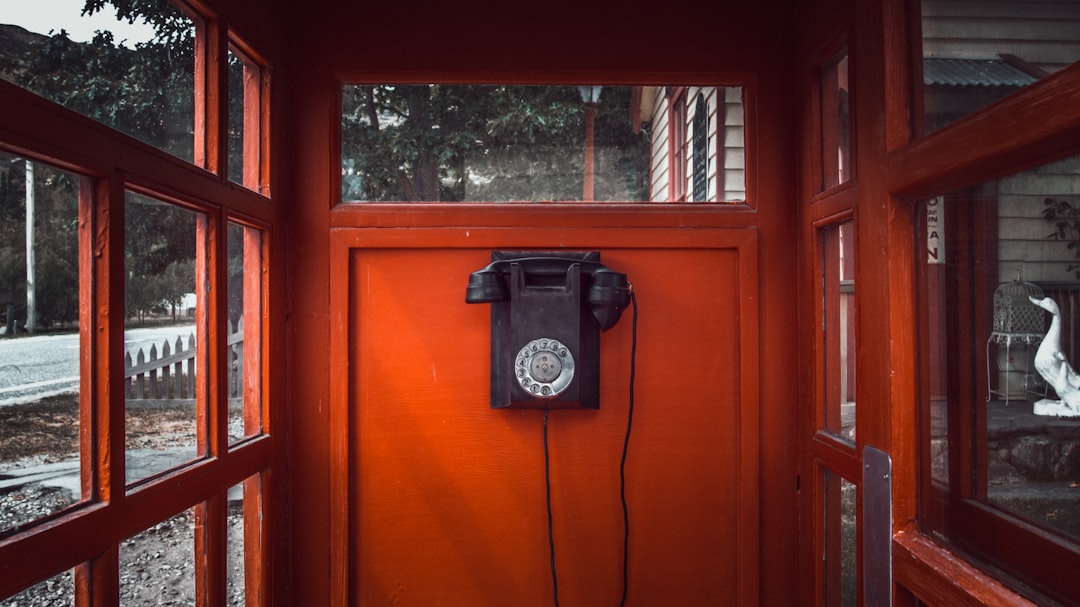Residents of West Virginia (WV) have legal protections against robocalls and telemarketing spam through federal laws like the TCPA and state regulations like UDAP. To stop spam calls effectively, individuals should consult a consumer protection lawyer in WV specializing in handling complaints and pursuing legal action against violators. Engaging experienced legal professionals ensures residents' rights are protected and unwanted telemarketing practices cease. Key steps involve assessment, evidence collection, sending cease-and-desist letters, or initiating lawsuits for monetary damages per violation. These attorneys play a vital role in protecting privacy and securing control over communication preferences.
In West Virginia, robocalls and telemarketing violations can be a nuisance and even illegal. If you’re tired of unwanted phone marketing or spam calls, understanding the state’s regulations is crucial. This article guides you through the process of fighting back against these intrusions. Learn when to take legal action, discover the role of an attorney in stopping robocallers, and explore effective strategies for a successful case. For those seeking a lawyer in WV to combat spam calls, this resource provides insights on how to choose the right law firm and attorneys to protect your rights.
- Understanding Robocall and Telemarketing Laws in West Virginia
- When to Take Legal Action Against Spam Calls
- The Role of a Lawyer in Stopping Unwanted Phone Marketing
- Effective Strategies for a Successful Legal Case Against Robocallers
Understanding Robocall and Telemarketing Laws in West Virginia
In West Virginia, robocalls and telemarketing practices are subject to specific legal frameworks designed to protect residents from unwanted and deceptive calls. Understanding these laws is crucial for anyone looking to take action against spam calls. The Telephone Consumer Protection Act (TCPA) is a federal law that imposes restrictions on automated telephone systems and prerecorded messages, commonly known as robocalls. In West Virginia, the state’s Unfair or Deceptive Acts and Practices Act (UDAP) further complements these federal regulations, providing additional safeguards for consumers.
If you’re seeking to stop spam calls, knowing your rights under these laws is essential. A lawyer specializing in consumer protection law in WV can guide individuals on how to file a complaint against violators and seek legal recourse. By employing the services of an experienced attorney or a reputable law firm focused on How To Stop Spam Calls, WV residents can effectively navigate the process, ensuring their rights are upheld and unwanted telemarketing practices are put to an end.
When to Take Legal Action Against Spam Calls
The Role of a Lawyer in Stopping Unwanted Phone Marketing
When dealing with relentless robocalls and telemarketing violations, a lawyer from a reputable WV law firm can be your best ally in reclaiming peace and privacy. These legal professionals are equipped to navigate complex laws surrounding unwanted phone marketing and have the expertise to take effective action. By retaining an attorney, individuals can leverage their knowledge of consumer protection laws, such as the Telephone Consumer Protection Act (TCPA), to halt these disturbing practices.
A lawyer for How To Stop Spam Calls WV will first assess the situation, gathering evidence and understanding the nature of the violations. They may send cease-and-desist letters to the culprits, demanding an end to the harassing calls. If negotiations fail or the infractions persist, legal action can be initiated, potentially resulting in substantial monetary damages for each violation. Their role is vital in holding telemarketers and robocall operators accountable while providing clients with a sense of security and control over their communication preferences.
Effective Strategies for a Successful Legal Case Against Robocallers
When facing robocall or telemarketing violations in West Virginia, a strong legal strategy is key to achieving justice and preventing future harassment. Here are effective strategies for mounting a successful case against these relentless callers:
1. Gather Evidence: Document every interaction with the robocaller, including call records, messages, and any identifying information you’ve gathered. Save voicemails, emails, or text messages as evidence. This step is crucial for establishing a pattern of unwanted contact, which can help strengthen your case. Consider using specialized apps to block and record these calls for future reference.
2. Consult an Experienced Lawyer: Engaging the services of a skilled lawyer specializing in telecommunications law is essential. A WV-based attorney with expertise in handling spam call cases will guide you through the legal process, ensuring your rights are protected. They can help navigate the state’s consumer protection laws and gather the necessary evidence to build a solid case against the violators.
3. Identify the Violations: Familiarize yourself with West Virginia’s Telephone Consumer Protection Act (TCPA) and other relevant regulations. These laws outline strict rules regarding automated calls, including robocalls, and unauthorized telemarketing practices. Understanding these violations will empower you to present a compelling case and seek appropriate remedies.
4. File a Formal Complaint: With the help of your attorney, file a complaint with the West Virginia Attorney General’s Office or relevant regulatory bodies authorized to handle such matters. A formal complaint initiates the legal process and can lead to investigations that may result in penalties for violators.
5. Seek Injunctions: In some cases, courts may issue injunctions to stop the robocalls immediately. This is a powerful tool to halt the harassment and provide immediate relief. Your lawyer can guide you through this process, ensuring the necessary legal standards are met.






